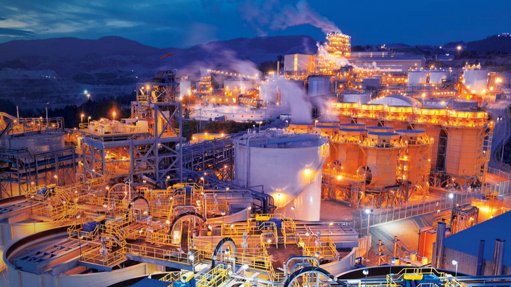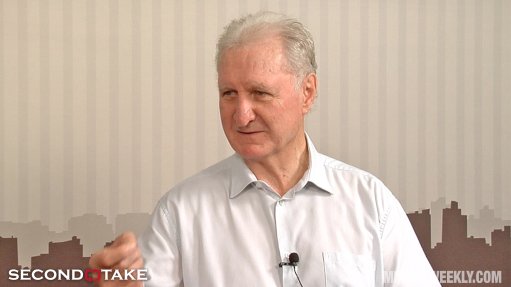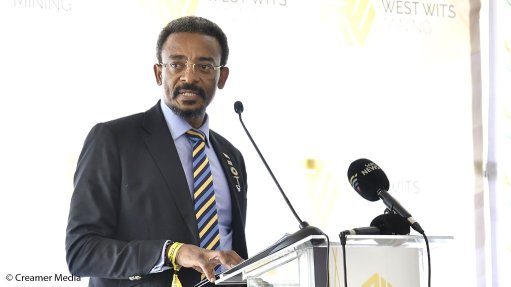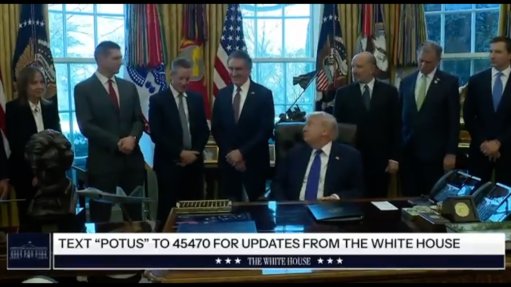More than “Tick the Box” Engagement: Australia Needs to Catch Up to Achieve Genuine Partnerships with Indigenous Communities in Mining
This article has been supplied.
Leading voices from the Australian mining industry and Indigenous business groups believe it is time Australia moved on from decades of compliance-driven “engagement” with First Nations stakeholders towards the more collaborative “cradle to grave” approach built on co-ownership, shared risk and long-term collaboration of countries such as Canada, the United States and Chile.
Speaking at IMARC in Sydney today, Darren Godwell, Chair of the Indigenous Business Australia (IBA) agreed that “engagement” has been the prevailing language used to describe the relationship between mining companies and Indigenous communities around the world.
But as expectations mature and relationships evolve – and as the growing globalisation and coordination of First Nations advocacy builds a stronger voice into the global mining industry – he said it is evident that engagement is only the starting point and a new type of language, mind-set and ambition was required.
“The real opportunity over the next 20 or 30 years is where we see Indigenous peoples very much move into the role of co-investors, where they can take on some of the risk with the developers of the assets and being part of capital raising and taking equity positions,” he said.
Derek Flucker, Chair of Aboriginal Enterprises in Mining, Energy & Exploration (AEMEE), said: “Australia is a long way behind on an international scale. We’re still taking a ‘crumbs’ approach, handing out little bits here and there, so we have a lot of catching up to do.”
Mark Jacobs, Executive General Manager, Environment and External Affairs at Yancoal, said given that many assets have a relatively short mine life, the focus needs to be on the long-term economic, social and environmental legacy that operators leave behind, that are based on what those communities value.
“With the relatively short asset life we have, we are looking to embed an approach in how we do business with our workforce, our communities and our suppliers, that ensures this relationship will continue beyond the completion of mining.”
Catherine Pattenden, Group Manager, Social Performance and Human Rights at Glencore Coal said:
“The challenge we have is really understanding what meaningful engagement is. It is difficult to measure ‘relationships’ and the tendency can be to say, ‘ok that’s done, tick’.
“But engagement is not about that. It is about the extent to which we have a shared table – and not one that is defined by the mining company.”
Matthew Denyer, Principal Adviser, Indigenous Partnerships & Communities at the Minerals Council of Australia agreed, saying said engagement has been traditionally seen a compliance matter.
“It really needs to be about collaboration, not an end in itself. When we move it out of that compliance frame and start talking about shared equity and genuine partnership, it becomes a collaboration piece.”
Darren Godwell said if operators treat indigenous communities as a “tick a box” exercise, they are “inviting disruption and delay” and handing over a lot of project certainty to external factors. He said the industry needs to continue to move towards genuine collaboration, where trust, shared decision-making – and actual investment and long-term benefit – define success.
“We are going to see indigenous people involved in more projects at an earlier stage, probably in design, as co-owners or co-investors who have a stake in its success,” he said.
“Other jurisdictions are a long way in front of Australia when it comes to adopting a common standard built around the principles of free, prior and informed consent. Operators who adopt this standard see it as a way to de-risk a project by bringing in traditional owners early in the piece, and we are seeing that in places like Canada, Alaska and Chile.”
The IMARC Panel “Beyond Engagement: Global Best Practices in Building Trust and Providing Shared Prosperity” was moderated by Rebecca Blurton, Managing Director of First Nations Affairs, who said industry is actively exploring what “shared prosperity” looks like from the community side of the table, and how companies can better recognise, respect, and enable Indigenous definitions of success.
“The most forward-thinking companies understand the broader impact and long-term value of genuine partnership,” she said.
“They’re doing the governance work, embedding shared decision-making, and treating Indigenous leadership as critical infrastructure. This approach meets growing regulatory expectations, strengthens institutions, and delivers sustainable outcomes for both communities and investors.
“The conversation has moved well beyond ticking the engagement box. True partnership is built through co-governance, clarity around decision-making, and respect for Indigenous definitions of success. It’s how mining companies create lasting value and avoid the pitfalls of short-term thinking.”
Article Enquiry
Email Article
Save Article
Feedback
To advertise email advertising@creamermedia.co.za or click here
Press Office
Announcements
What's On
Subscribe to improve your user experience...
Option 1 (equivalent of R125 a month):
Receive a weekly copy of Creamer Media's Engineering News & Mining Weekly magazine
(print copy for those in South Africa and e-magazine for those outside of South Africa)
Receive daily email newsletters
Access to full search results
Access archive of magazine back copies
Access to Projects in Progress
Access to ONE Research Report of your choice in PDF format
Option 2 (equivalent of R375 a month):
All benefits from Option 1
PLUS
Access to Creamer Media's Research Channel Africa for ALL Research Reports, in PDF format, on various industrial and mining sectors
including Electricity; Water; Energy Transition; Hydrogen; Roads, Rail and Ports; Coal; Gold; Platinum; Battery Metals; etc.
Already a subscriber?
Forgotten your password?
Receive weekly copy of Creamer Media's Engineering News & Mining Weekly magazine (print copy for those in South Africa and e-magazine for those outside of South Africa)
➕
Recieve daily email newsletters
➕
Access to full search results
➕
Access archive of magazine back copies
➕
Access to Projects in Progress
➕
Access to ONE Research Report of your choice in PDF format
RESEARCH CHANNEL AFRICA
R4500 (equivalent of R375 a month)
SUBSCRIBEAll benefits from Option 1
➕
Access to Creamer Media's Research Channel Africa for ALL Research Reports on various industrial and mining sectors, in PDF format, including on:
Electricity
➕
Water
➕
Energy Transition
➕
Hydrogen
➕
Roads, Rail and Ports
➕
Coal
➕
Gold
➕
Platinum
➕
Battery Metals
➕
etc.
Receive all benefits from Option 1 or Option 2 delivered to numerous people at your company
➕
Multiple User names and Passwords for simultaneous log-ins
➕
Intranet integration access to all in your organisation
















